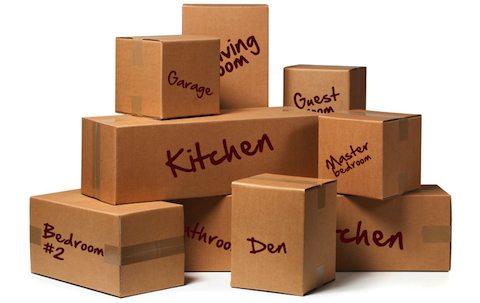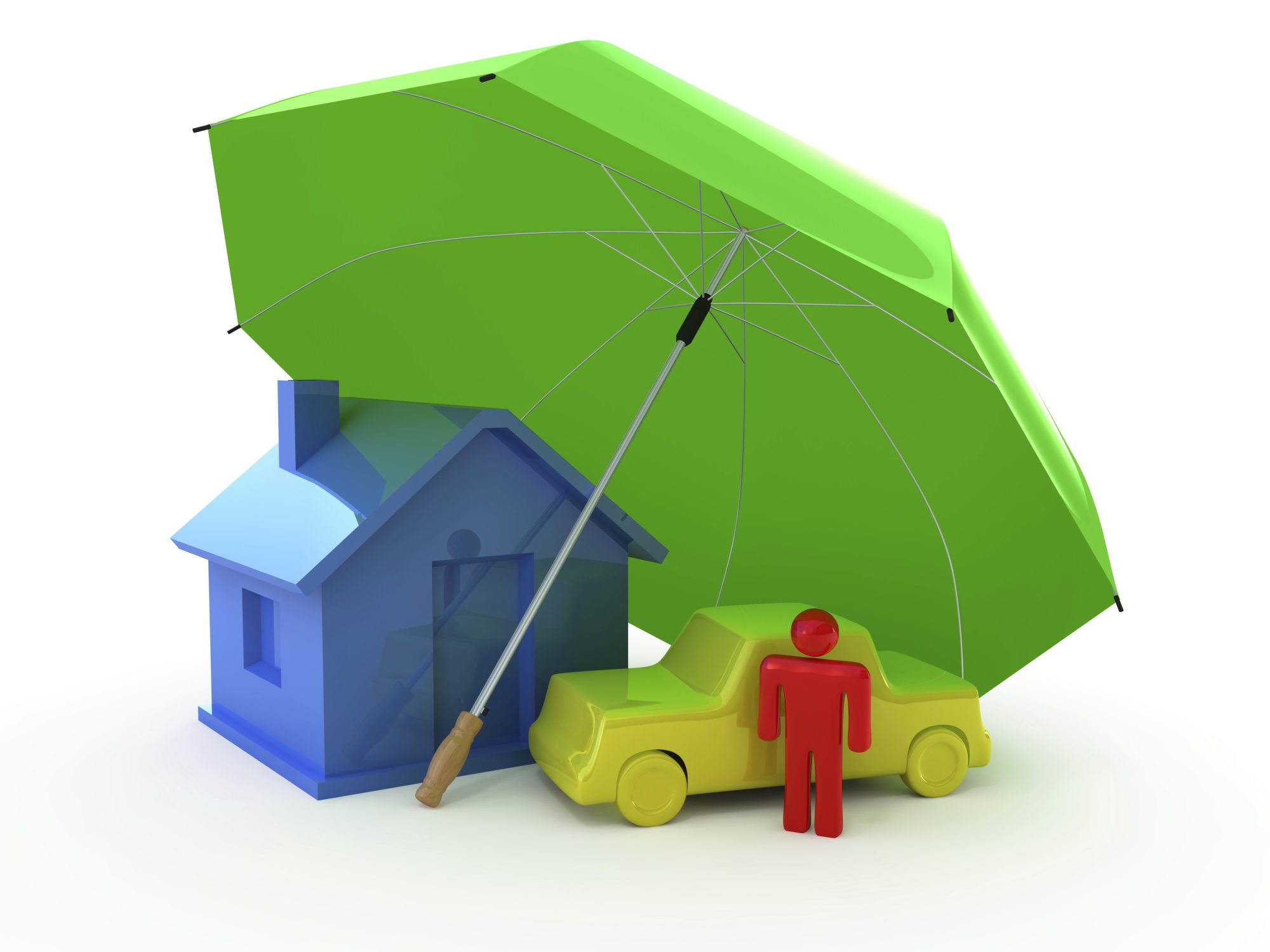Your lease is ending, you’ve already found your new home…what’s next?! MOVING!
The process of moving is very exciting, (you’re gonna live in a new place!) but also requires a lot of work and proper planning to make it easy on you. Here at tenant.rentals we’ve put together some tips to make your move as smooth as possible.
LABEL EVERYTHING! We cannot stress enough the importance of labeling every single box, bag, or container that you plan on moving. If your stuff isn’t labeled, how will you know where it goes? Labels should ask be as specific as possible, so that you can put things exactly where they need to be. For example, if you label a box ‘bedroom’ how will you know which bedroom it belongs in? You’ll end up having to sift through the boxes to figure out what goes where. You also need to be clear on which boxes have fragile items and which don’t, skipping this step may cost you a lot.
- Don’t take every single box at once. Yes, making multiple trips does seem like it’ll be a pain, but it will make the process easier on you. If you take all your stuff at once, you’re gonna end up with stacks of boxes everywhere and very little room to move. Try taking things by sections, maybe you can do a few rooms of the house at a time so that all boxes are situated in their respective areas. This way you’re also clearing up space to keep moving in more things.
- Use what you already have at home before spending tons on packing supplies. Things like shoes and clothes don’t need to go in fancy boxes from Home Depot, you can use trash bags for items like these. You can separate shoes depending on style and put them into different bags to avoid messing them up. For clothes it’s also really simple; keep all of your stuff on hangers, make a hole in the bottom of a big trash bag, and put the hangers through…you’ve just made your very own garment bag! Use suitcases to pack books or items that require folding as well.
- If you do end up needing some extra boxes, don’t buy them! Hit up your local grocery store or stores like Walmart and Target in the early mornings. Usually, these kinds of stores have tons of boxes laying around from the days shipments, and they’re pretty much up for grabs for anyone!
- Teamwork makes the dream work! Enlist in the help of friends and family to make your move as smooth and quick as possible. Maybe while you’re moving boxes from point A to point B someone else can be unpacking your stuff in your new home. Whatever way you decide to do, having more people on board will definitely make the process go a lot smoother.
Good luck moving!

 Of course, the topic of financials is also highly important to consider. Much like car insurance, you can receive a discount on renter’s insurance if you pay it all in a lump sum for the entire year. The biggest financial plus about renter’s insurance is that it’ll cover your belongings if something happens to them. You won’t need to dish out a ton of money to replace whatever was damaged or stolen.
Of course, the topic of financials is also highly important to consider. Much like car insurance, you can receive a discount on renter’s insurance if you pay it all in a lump sum for the entire year. The biggest financial plus about renter’s insurance is that it’ll cover your belongings if something happens to them. You won’t need to dish out a ton of money to replace whatever was damaged or stolen.

